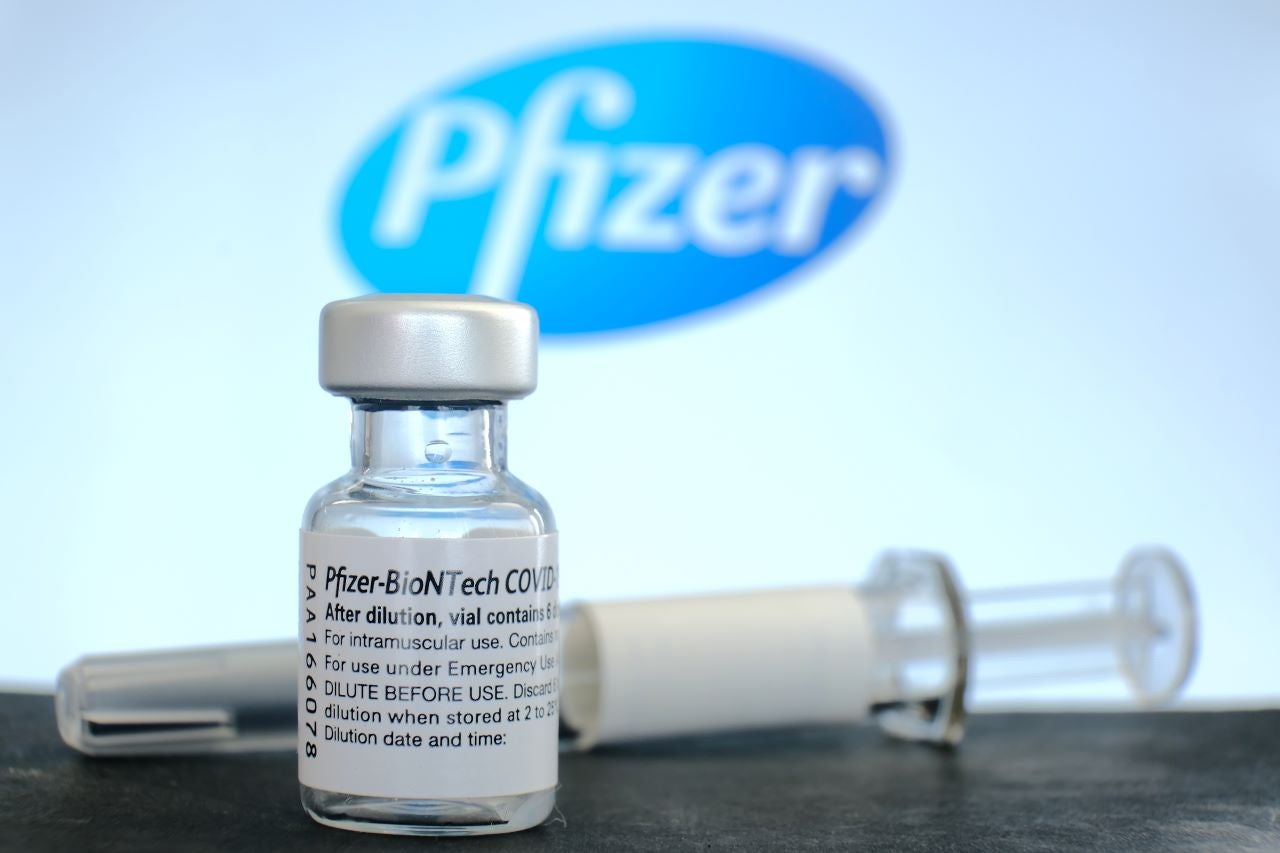Revised EU/Pfizer/BioNTech Covid-19 vaccine deal may lead to a Comirnaty monopoly
The new deal also ensures the EU will have access to the latest versions of future variant-specific updated vaccines once they are authorised for use.

The European Commission (EC) and Pfizer/BioNTech have agreed to amend their current supply contract to deliver Covid-19 vaccines to the EU. The original contract, signed in May 2021, required the EU to purchase 900 million doses from Pfizer/BioNTech, with an option for an additional 900 million, by the end of 2023. Since demand significantly decreased after the contract was signed, at least 50% of the first 900 million doses were never delivered, leaving many member states with large financial losses while Pfizer/BioNTech’s revenues surged.
Given the drop in vaccine demand, the revised agreement involves a reduction of roughly 35% of the number of doses the EU must purchase, easing losses for the majority of member states who paid for shots that will not be used. However, the terms of the deal still require member states to pay half price, about €10, for each cancelled dose. The new deal also ensures the EU will have access to the latest versions of future variant-specific updated vaccines once they are authorised for use, along with the option to donate excess doses to other non-EU countries. More significantly, the revised contract secures about 70 million vaccine doses every year from 2023 to 2026 for member states, leaving little space in the market for competitors.
This deal, therefore, serves as a threat to other vaccine developers with authorisations for distribution in the EU, including Moderna, Novavax, and Sanofi. Other companies planning to launch newer and potentially universal Covid-19 vaccines, including Arcturus Therapeutics and Vaxxinity, may also have trouble entering the EU market. Although health officials from the European Medicines Agency believe portfolio diversification is crucial to hedge against any resurgence of the virus and the emergence of newer variants, the prevention of Covid-19 in the EU is at high risk of being dominated by only one product—at least until the end of 2026.
However, the Covid-19 vaccine market is still evolving, with many unknowns for the future. The EU may not need multiple vaccine options to ensure public safety, especially since Pfizer/BioNTech’s mRNA-based vaccine allows for rapid modifications to target potential future variants. If more vaccination options become required, the EC could sign contracts with newer vaccine manufacturers when needed to ensure continued control of the pandemic and the safety of individuals in the region.
What's Your Reaction?

































